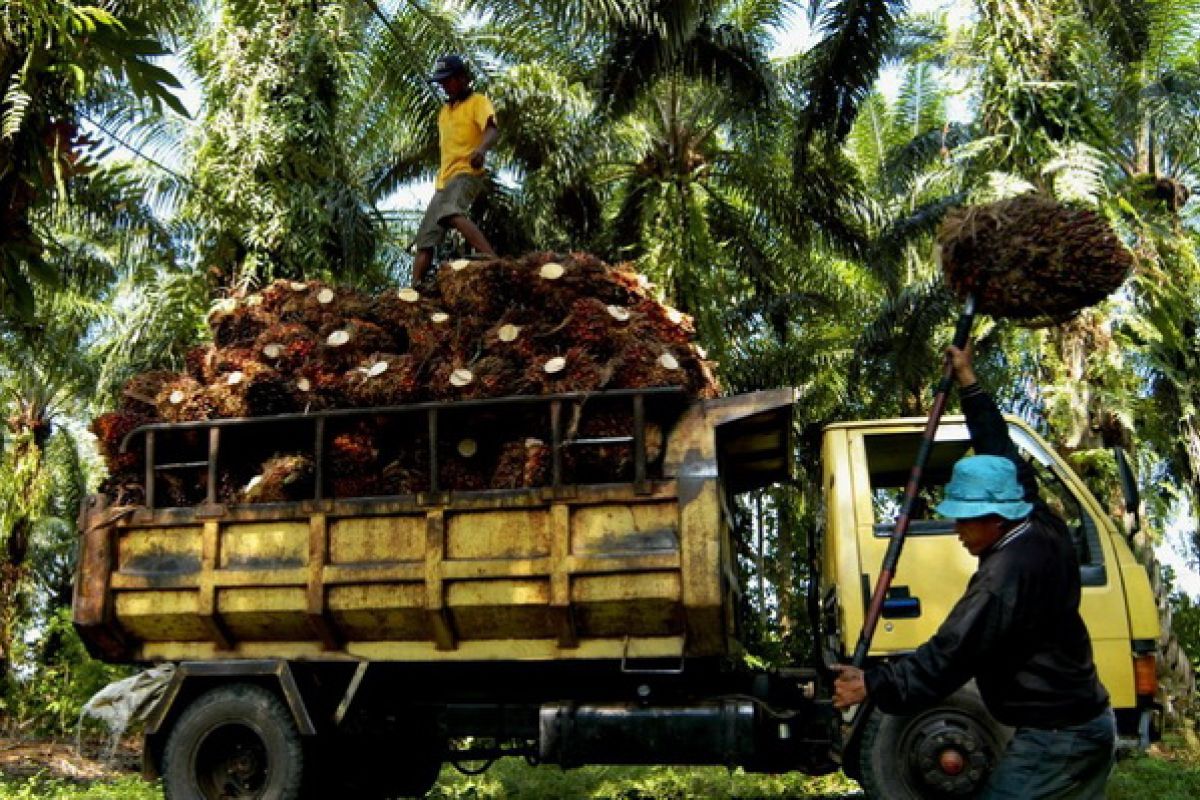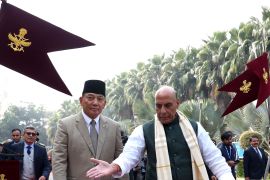"Based on data, India`s CPO demand in 2012 is to total 7.1 million tons so that Indonesia`s palm oil exports to that country will take the biggest part of national production which is estimated to reach 25.9 million tons," first deputy chairman of the Indonesia Palm Oil Council (DMSI), Derom Bangun, said here on Tuesday.
He said India`s demand in 2012 was expected to be bigger than in 2011 which was recorded at 6.750 million tons.
"After India, Indonesia`s biggest exports of CPO will go to China and the European Union, where demand will also increase," he said.
China`s CPO imports in 2012 are expected to rise to 6.650 million tons, up from 5.950 million tons in 2011 while the EU`s imports to reach 5.6 million tons up from 5.1 million tons this year.
"The three countries will still be the biggest markets for Indonesia`s palm oil exports although national producers have started expanding to other countries such as in the Middle East," he said.
Derom said exports to the new markets indeed have to be increased so that Indonesia will not depend too much on the old markets and also to increase the export volume.
"Although the average price of CPO in 2012 is predicted to drop due to a crisis in the US and Europe, the price and prospects of trade of the commodity and its derivatives will be good," he said.
The price of CPO in 2012 is projected to reach US$1,050, down from US$1.100 in 2011 per ton but in the middle of 2012 it is expected to increase sharply to around US$1,200.
The chairman of the Association of Indonesia Palm Oil Farmers (Apaksindo), Anizar Simanjuntak, expressed hope the government could boost the export volume as well as the price so that the farmers could enjoy their positive impact.
"The volume and price of CPO exports will affect much the price of fresh fruit. The export volume and price are up the price of fresh fruit will also increase and the other way round," he said.
He said farmers hoped the price of fresh fruit would rise as production is expected to drop due to various factors including the age of threes which is older and extreme weather.
"If the price is up the drop in production will not affect the farmers much," he said.
He said the farmers also hoped the government would revise Agriculture Minister`s Regulation Number 17 of 2010 on reference for setting price and purchase of fresh oil palm fruit.
He said fresh fruit from farmers of various kinds of quality are bought by factories with a price cut of up to five percent.
The policy certainly hurts farmers because while they do not know if the quality of their product met the requirements or not they also suffer from the price cut, he said.
He said farmers also had never enjoyed a four percent incentive if the quality of their product was considered good as stated in the regulation.
(Uu.H-YH/HAJM/S012)
Editor: Priyambodo RH
Copyright © ANTARA 2011












